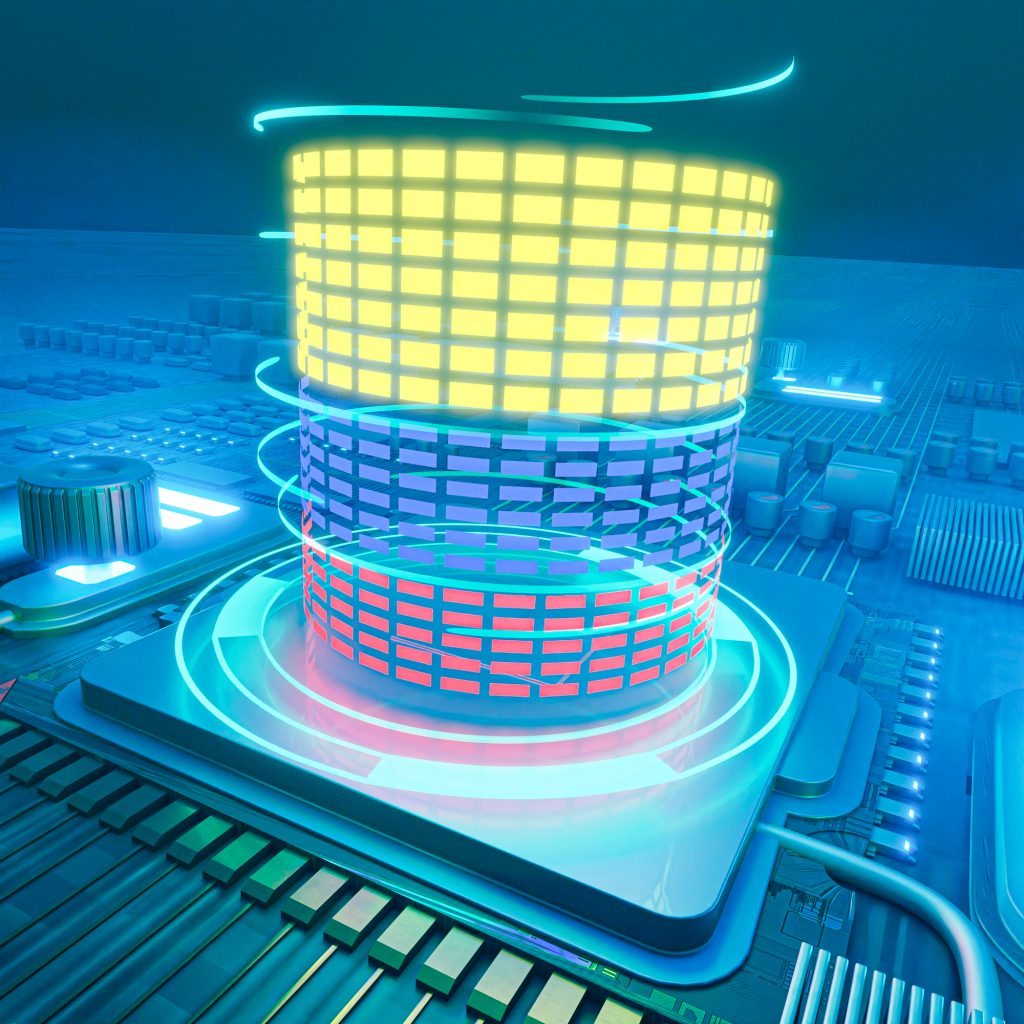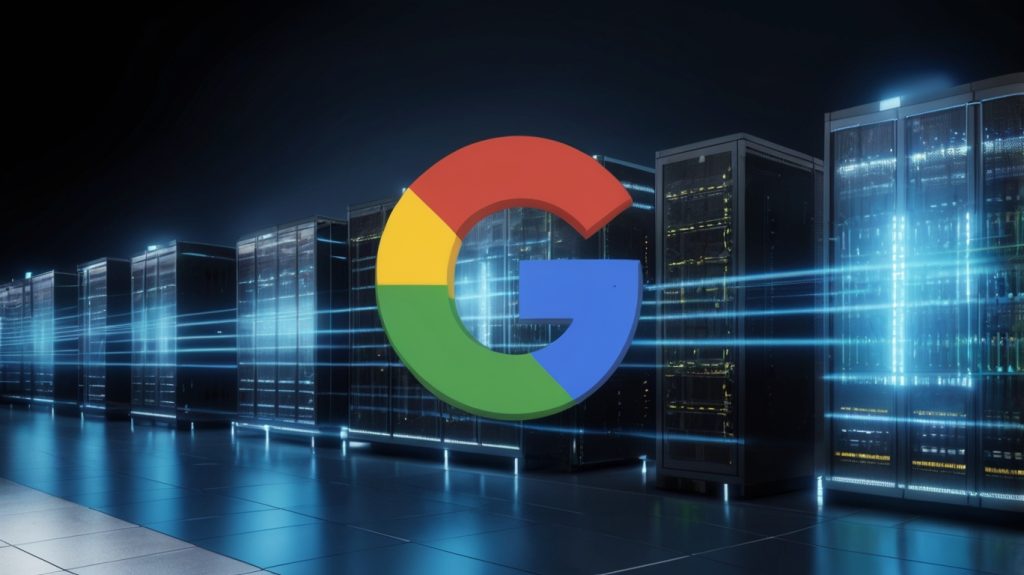Google has announced a partnership with Kairos Power to harness small modular nuclear reactors (SMRs) for its data centers. This initiative aims to not only meet the rising electricity needs but also to do so in a cleaner, more sustainable manner. Google anticipates bringing the first reactor online by the end of this decade, with plans to deploy additional reactors by 2035.
The specifics of the deal remain undisclosed, including the financial terms and the locations of the proposed power plants. However, this collaboration underscores a broader trend within the technology sector, as firms increasingly turn to nuclear energy to power their operations while striving to reduce carbon emissions. “The grid needs new electricity sources to support AI technologies,” said Michael Terrell, Google’s senior director for energy and climate. “This agreement helps accelerate a new technology to meet energy needs cleanly and reliably, unlocking the full potential of AI for everyone.”

Kairos Power, a California-based startup, has made significant strides in developing advanced nuclear technologies. The company received its first permit in 50 years from U.S. regulators to construct a new type of nuclear reactor, which utilizes molten fluoride salt as a coolant, offering potential safety advantages over traditional water-cooled systems. “This agreement is important to accelerate the commercialization of advanced nuclear energy,” said Kairos executive Jeff Olson, emphasizing its role in decarbonizing power grids.
While the deal is a major step forward, it still requires approval from the U.S. Nuclear Regulatory Commission and local agencies before moving forward. The increasing energy consumption of data centers, projected to more than double by the decade’s end according to Goldman Sachs, has prompted tech giants like Google to explore nuclear options more seriously.
Data centers are notorious for their substantial energy requirements, which not only power the hardware but also manage the significant heat generated by operations. John Moore, an industry editor for TechTarget, notes, “These data centers are equipped with specialized hardware that requires lots of power and generates lots of heat.” As companies ramp up their AI capabilities, the demand for electricity has surged, prompting the need for new, reliable energy sources.
Last year, the United States joined an international coalition at a United Nations Climate Change Conference, committing to triple its nuclear energy capacity by 2050 as part of a broader strategy to phase out fossil fuels. This shift is echoed by other tech companies, including Microsoft, which recently reached an agreement to resume operations at the Three Mile Island plant, the site of America’s worst nuclear accident in 1979. Amazon has also announced plans to acquire a nuclear-powered data center in Pennsylvania.
Google’s exploration of nuclear power aligns with a growing recognition among technology firms of the critical role nuclear energy can play in achieving climate-neutral operations. While renewable energy sources like wind and solar have dominated discussions, the relentless energy appetite of AI systems has made it increasingly clear that alternative options are needed. “We believe that nuclear energy has a critical role to play in supporting our clean growth and helping to deliver on the progress of AI,” Terrell stated during a briefing.

The partnership with Kairos Power indicates a shift in how tech companies view energy generation. With up to 500 megawatts of new, 24/7 carbon-free power expected to be integrated into U.S. electricity grids through this collaboration, Google aims to provide communities with access to clean and affordable nuclear energy. Despite having achieved a commendable 64% CO2-free energy use across its data centers and offices in 2023, Google’s total CO2 emissions rose by 13% within a year, primarily due to the energy consumption of its data centers.
While the promise of SMRs is compelling, critics point out that nuclear power is not without its risks. Concerns about the long-lasting radioactive waste produced by nuclear energy remain significant, and the regulatory landscape for such technologies is still evolving. Nonetheless, advocates argue that innovations in reactor design, such as those being developed by Kairos Power, could mitigate some of these concerns. Their reactors are designed to be safer than conventional models, utilizing molten salt as a coolant, which does not boil under pressure—a feature that proponents claim enhances safety.
As Google moves forward with its plans, the partnership with Kairos Power exemplifies a broader trend in the tech industry toward innovative, sustainable energy solutions. This collaboration is not only about meeting current energy demands but also about laying the groundwork for a cleaner, more resilient energy future. With the pressures of climate change and the growing reliance on AI technologies, the quest for reliable, carbon-free energy sources has never been more critical.

Google’s venture into nuclear energy marks a significant milestone in the intersection of technology and sustainability. By embracing nuclear power, the company is not just responding to its own energy needs but also contributing to the larger narrative of decarbonizing the global energy landscape. As regulatory approvals progress and the technology matures, the collaboration between Google and Kairos Power could serve as a blueprint for the future of energy in the tech sector.
Copyright©dhaka.ai
tags: Artificial Intelligence, Ai, Dhaka Ai, Ai In Bangladesh, Ai In Dhaka, Future of AI, Artificial Intelligence in Bangladesh, google



